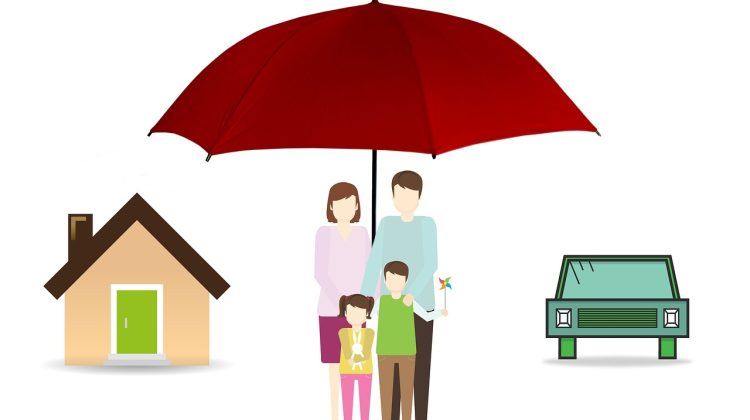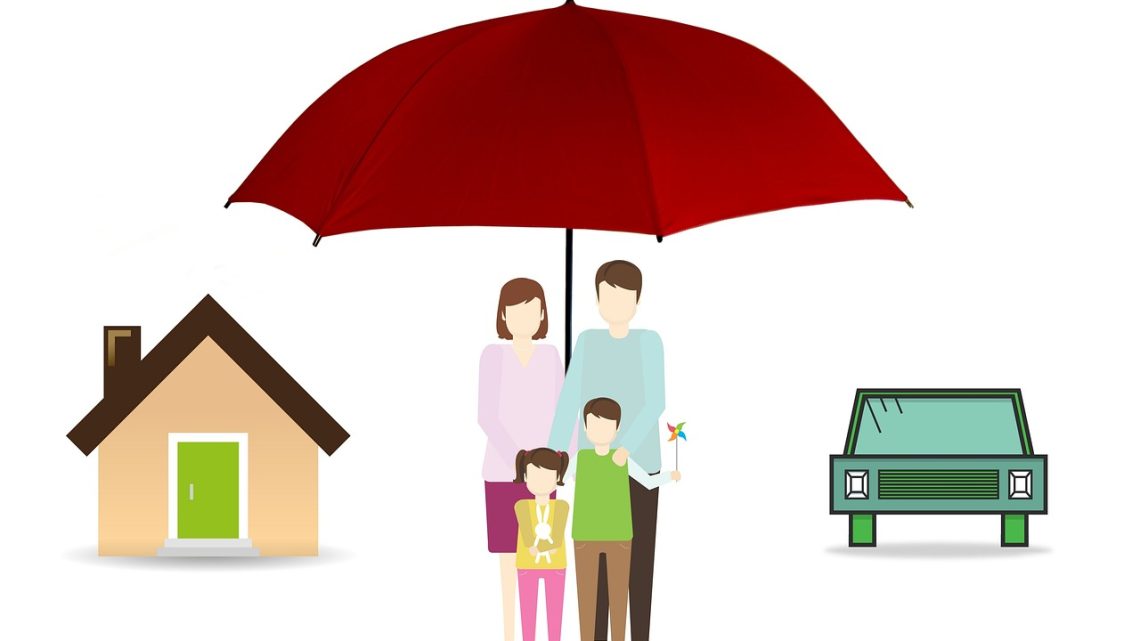Buy to let home insurance is just as important as your individual house insurance policy. Even though some tenants are diligent in reporting issues, landlords understand that some tenants do not watch as diligently for possible issues as you would do, which means your rental unit has much more exposure to hazards than the typical home. Of course, insurance companies understand this too. That’s why buy to let home insurance often will cost you more than a average homeowner’s policy.
The fact that the landlord doesn’t reside on the premises and rents the house or apartments also means the home is much more likely to be vacant than the normal homeowner’s dwelling. Although you may have excellent tenants whom stay for a long time, at some point in time they’ll move out and regardless of how well they treated the home, there’s always work you need to do before the next tenant can move in.
Needless to say, the loss of a renter means the home will probably be empty until such time as you complete the work and locate the next good renter. Again, this exposes the home to all the more dangers from vandals to water damage if a pipe would break with no one near to discover the trouble for a while.
Buy to let home insurance companies will not pay a claim if the property has been empty for as few as 30 days in some states or slightly longer in others. It all is determined by the carrier and your state laws. In order to be positive that you have full coverage, get buy to let home insurance policies that provide a rider for these occasions the house is empty. It extends coverage while you are doing repairs, find just the perfect tenant, and is well worth the extra premium.
The alternative to a rider for your buy to let home insurance would be to switch to a builder’s risk policy when you’re refurbishing the property. Nonetheless, these can be expensive and often quite hard to get. Talk about this issue with your insurance agent so you aren’t stuck at the last minute attempting to find insurance or worse yet, file a claim and discover you had no coverage because the dwelling was empty.
Make sure that you really have enough coverage on your policy. Alike in many ways to homeowner’s insurance, insurance providers prorate all claims in the event you don’t insure to 80 % value of the home. While you might have only paid $50,000 for the house 20 years ago, these days it could be worth considerably more if you sold it, particularly if you have made improvements in the property.
Presume you have a $100,000 property that you just only insure for $50,000. If you have roof damage from a storm estimated at $3,000 for repair, initially the buy to let home insurance company estimates the amount they pay. Because you only insured for half the valuation of the house, they only give you half the expense of damage or $1,500. The company then subtracts your deductible from that price. In the end, you’d only receive $500 if you had a $1,000 deductible. Had you insured the property for $80,000, 80 % of the value, you’d receive $3,000 less the deductible. There’s really a spread between the two amounts.
Make certain you’ve adequate loss of rent coverage on your buy to let home insurance. In some instances, the loss of rent can make a difference in whether or not you’ll make that next payment on the home on time or struggle and pay penalties to your lender.
Some buy to let home insurance policies have liability on the policy but you have got to add it to others as a rider if it’s even offered. Many personal home owner insurance policies make available a rider that supplies liability coverage for a rental or other property. If you have several properties, an umbrella liability policy may be the very best bargain for your requirements. Discuss this together with your agent for the very best solution.
About the author
Please feel free to visit us at our web site if you want more information about the insurance coverages and options that are available for buy to let home insurance or if you would like to locate sources for cheap contents insurance rates.










No Comment